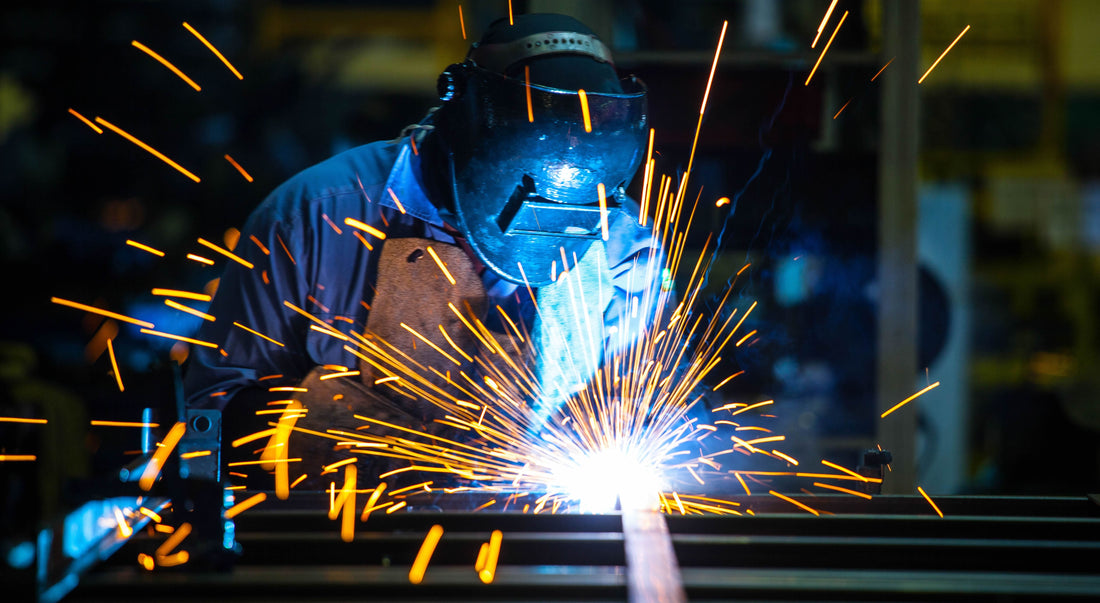Welding machines are an indispensable and important tool in modern industrial manufacturing and are widely used in various fields such as manufacturing, repair and construction. As an important equipment for joining metal materials, the performance and type of welding machine directly affect the quality and production efficiency of the product. This article will take an in-depth look at the types, characteristics, and applications of welding machines, as well as considerations for choosing the right welding machine.
Types of welding machines
There are several main types of welding machines: arc welding machines, gas shielded welding machines, laser welding machines, ultrasonic welding machines and resist welding machines. Each of these types has its own characteristics and is used in different workplaces and materials.
arc welding machine
Suitable for welding of most metal materials, such as steel, aluminum, copper, etc.
Widely used in construction and repair industries.
The operation is simple and the cost is low.
Gas shielded welding machine
Suitable for welding stainless steel, aluminum alloy and other materials.
Provides clean, oxidation-free welds for demanding jobs.
Commonly used in automotive manufacturing and aerospace.
Laser welding machine
Provide high-precision, high-strength welding.
Suitable for processing small and precision parts.
Common in medical device and electronics manufacturing.
Ultrasonic welding machine
Suitable for welding plastics and non-ferrous metals.
No solder or soldering auxiliary materials are required.
Widely used in plastic products and electronic assembly.
solder mask machine
Mainly used for spot welding and seam welding of metal sheets.
It occupies an important position in the home appliance and automobile manufacturing industries.
It can quickly complete large-area metal connections.
Features and Benefits
Welding machines offer several features such as adjustability, portability, energy efficiency, and stability that make them ideal for use in the manufacturing sector.
Adjustability: Modern welders often have adjustable current and voltage settings, allowing them to adapt to a variety of job needs.
Portability: Many welders feature lightweight designs that allow operators to easily move them between workstations.
Energy efficiency: Efficient welding machines can reduce energy consumption and reduce production costs.
Stability: Good stability ensures the smooth progress of the welding process and improves product quality.
Application areas
Welding machines play an important role in many industries, such as:
Construction Industry: For joining rebar and structural steel.
Automotive manufacturing: used for welding of car bodies and components.
Aerospace: Used in the manufacture of high-strength, high-precision components.
Electronics Manufacturing: Used for soldering tiny, precision electronic components.
Choose the right welding machine
Choosing the right welder requires consideration of several factors, including material type, welding needs, operating experience, and budget. Considering these factors can help you find the welder that best meets your specific application needs, ensuring welding quality and efficiency.
Conclusion
The electric welding machine is the core equipment in modern industrial manufacturing. Its variety of types, characteristics and application fields make it an ideal tool for all walks of life. By understanding the different types of welding machines and their characteristics, users can make more informed choices about the welding machine that suits their application needs, thereby improving production efficiency and product quality.

